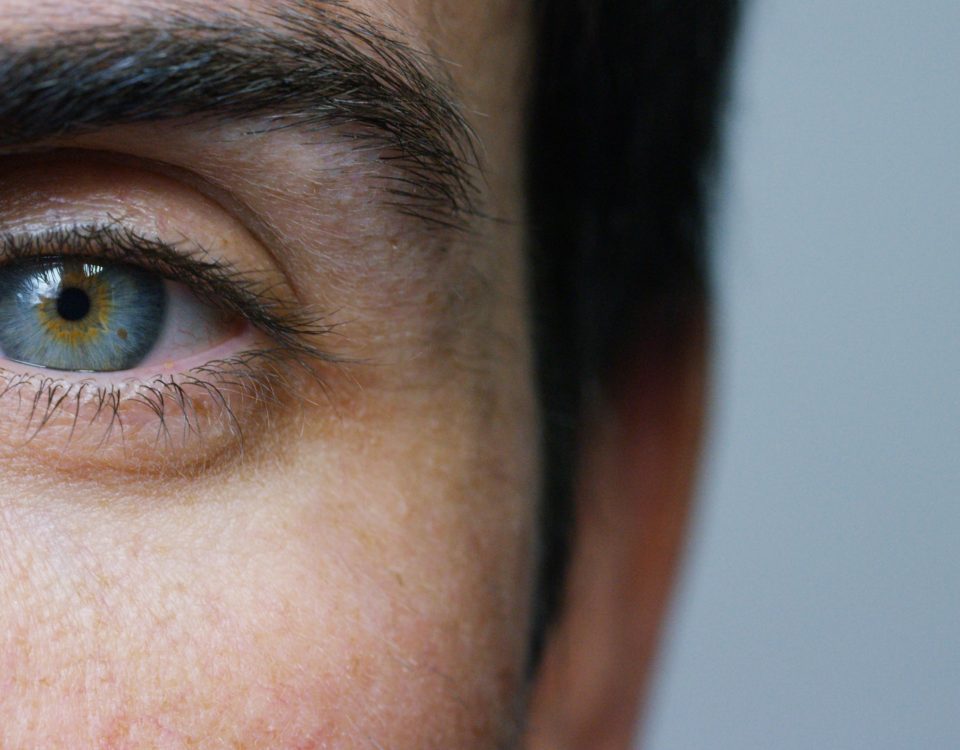Keeping Your Contacts Clean

Avoid Eye Injuries at Your Post-Pandemic Fireworks Show
07/02/2021
Back to School: Eye Care for Kids
09/15/2021When the first soft contact lenses were approved by the FDA in 1971, they were a smashing success. Today, almost 45 million Americans wear contact lenses, and it’s no wonder why—they’re easy to use and, when stored and cared for properly, safe. However, studies show that most people don’t care for their contact lenses as well as they should, putting their eyes at risk. These worrying statistics have led the CDC to observe an annual Contact Lens Safety Awareness Week.
Contact lenses are a great tool for anyone with refractive errors, but they do require maintenance. Reusable contact lenses need to be cleaned thoroughly and stored carefully to keep them sanitized. Otherwise, they can harbor vision-threatening viruses and bacteria. Though most infections (like pink eye) come with few long-term effects, some can damage your eye when left untreated and even lead to vision loss. The good news: there are ways to dramatically reduce your risk of eye infections. Taking proper care of your contacts is an excellent place to start.
Do NOT wear your contacts at night
Some contact lenses are specifically designed for overnight use, but most are meant to be taken out at the end of the day. People who wear their contacts overnight are eight times more likely to develop an infection, so make sure to leave them by your bedside! Sleeping in contacts can also worsen or cause dry eye.
Keep them away from water
Swimming is an exciting way to have some fun in the sun this summer! But water is seldom sterile and carries many kinds of bacteria. The simple truth is that water and contacts do not mix. If you are wearing contacts, remove them before swimming or showering.
Change out your cases
Most people know how to clean and put away contacts in their cases. But those cases can also pick up bacteria of their own, leaving your contacts vulnerable. Save yourself the pain, and replace your case approximately every three months.
Wash your hands
Always wash your hands before touching your contacts or eyes. Any bacteria on your fingers or under the nails can get onto your contact lenses. Before handling contacts, scrub your hands thoroughly with soap and hot water.
And finally, if you start to have any problems, see your eye care provider immediately. If your eyes look or feel like they might be infected, we can provide a professional diagnosis and get you treated straight away.
Book your appointment!
Ready to see our team? Call us today to book your appointment.




